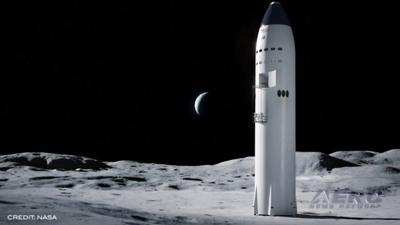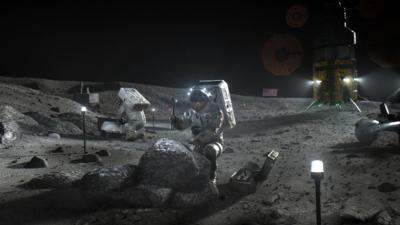Thu, Nov 11, 2021
Advertisement
More News
 Aero-News: Quote of the Day (12.07.25)
Aero-News: Quote of the Day (12.07.25)
“This vote sends an undeniable message to Air Transat management: We are unified, resolute, and have earned a contract that reflects today’s industry standards, not the>[...]
 ANN's Daily Aero-Linx (12.07.25)
ANN's Daily Aero-Linx (12.07.25)
Aero Linx: Beech Aero Club The Beech Aero Club (BAC) is the international type club for owners and pilots of the Beech Musketeer aircraft and its derivatives, the Sport, Super, Sun>[...]
 NTSB Final Report: Lafferty Jack Sea Rey
NTSB Final Report: Lafferty Jack Sea Rey
While Landing In The River, The Extended Landing Gear Contacted The Water And The Airplane Nosed Over, Resulting In Substantial Damage Analysis: The pilot of the amphibious airplan>[...]
 Classic Aero-TV: The B29 SuperFortress Doc - History in Flight
Classic Aero-TV: The B29 SuperFortress Doc - History in Flight
From 2022 (YouTube Edition): Carrying the Legacy of The B-29 For Generations to Come We had a chance to chat with the Executive Director of B-29 Doc, Josh Wells, during their stop >[...]
 Airborne 12.08.25: Samaritans Purse Hijack, FAA Med Relief, China Rocket Fail
Airborne 12.08.25: Samaritans Purse Hijack, FAA Med Relief, China Rocket Fail
Also: Cosmonaut Kicked Out, Airbus Scales Back, AF Silver Star, Russian A-60 Clobbered A Samaritan’s Purse humanitarian flight was hijacked on Tuesday, December 2, while atte>[...]
blog comments powered by Disqus





